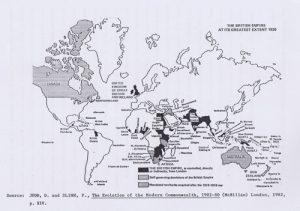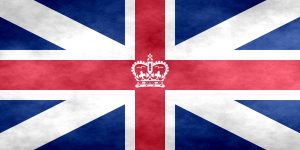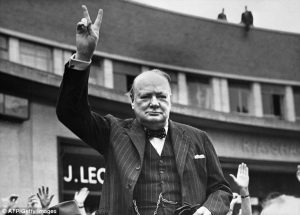The British Imperial Expansion
Among the first eminent politicians aware of the challenges that Britain was facing, as we saw briefly earlier on, was Joseph Chamberlain. “To him the ideal solution was a closed empire economy – an imperial Zollverein. ‘We people of the Empire should treat each other better than we treat foreigner.’ “14 British manufactures and Chamberlain were unhappy that a few colonies were thinking of a role of rivalry by establishing an industrial base of their own and mot simply buying more products from Britain. They were the third category of the nations in the Empire that we described i.e. the self governing communities of mostly British stock or, as they were later called, the dominions. For example, in 1913 they bought only 38% from Britain but were pleased to sell her 59% their exports.
As a result, in the early years of the twentieth century, Chamberlain favoured tariff reform, abandoning free trade in favour of a system of imperial preference. But most politicians and the public still held sacredly to free trade, with its supposedly cheaper food the masses. But the experiences of the 1914-18 war, with closer imperial economic co-operation and the need for more government interference in the economy, helped start the erosion of the sanctity of free trade. This was heightened by the 1917-18 Royal Commission into natural resources urging that an imperial trade policy be worked out and by a 1918 House of Commons Select Committee advocating imperial preference. It finally tool the crises of the great world depression of the 1930s to cause a full abandonment of the nineteenth century, liberal, free trade approach.
The idea of imperial preference received official recognition in 1932 at a meeting in Ottawa, Canada. However, this had been adopted by individual colonies somewhat earlier. For example, Canada, wishing to offer a safe base for her rising industries brought in protective tariffs, but after 1897 arranged a preferential tariff so that British and other colonial productions could gain access at a cheaper rate than foreign goods. This approach spread to other colonies. Finally Britain caved in and after 1932 arranged bilateral trading agreements with individual empire countries, wherein reciprocal tariff preference was given. The purpose was to boost intra-imperial trade-in food, raw material and manufactured goods at the expense of foreign competitors. But the idea of the empire becoming an exclusive trading block was never contemplated; this was impossible. All the countries, Britain and increasingly the colonies, needed foreign trade. But the trend was to strengthen, at least temporarily, some of the closer trading links between Britain and the various empire members that had been developing since the turn of the century. 1932 confirmed the trend officially, from the British point of view.
Some tightening of economic links between Britain and empire countries due to the rise of foreign competitors was not surprising at all. “Indeed, the closer relationship arose more on Britain’s part, as she obtained fewer of her imports from foreign countries and sold more of their exports to the empire.”15



